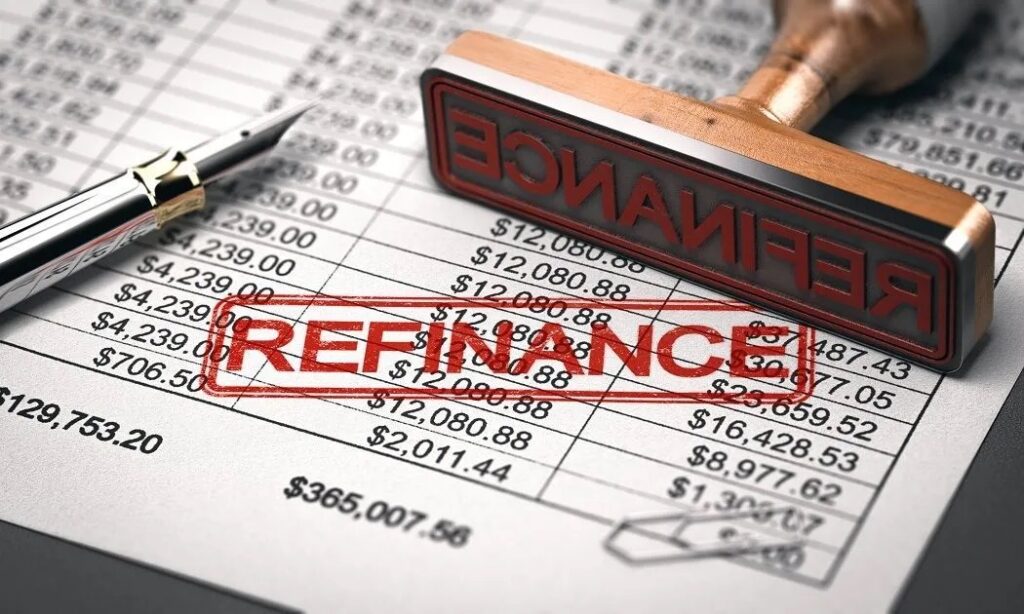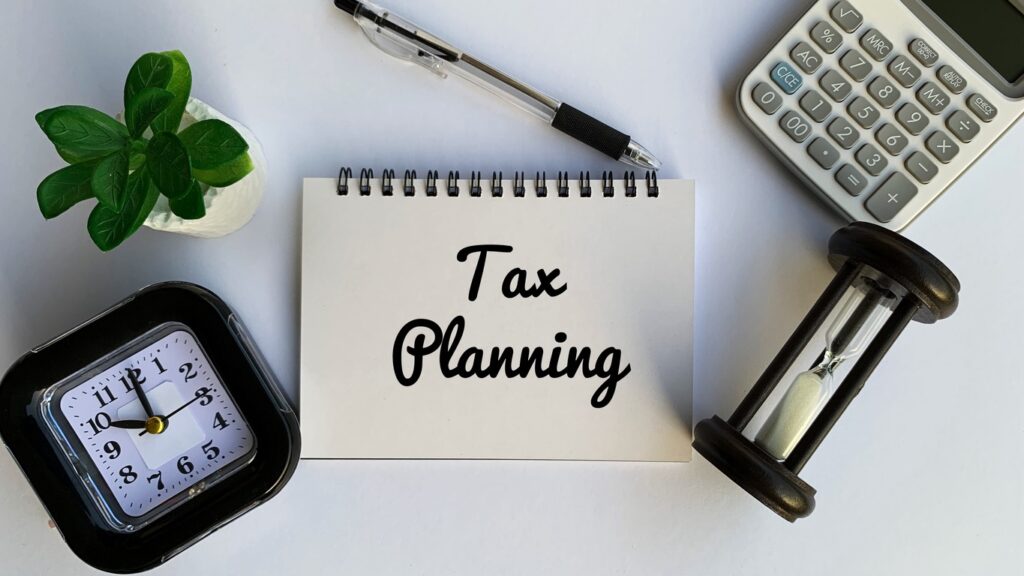Deciding whether to sell your current home or rent it out is one of the most significant choices homeowners face when considering their next move. This question has become particularly interesting in today’s market, where rising interest rates have created new challenges and opportunities for homeowners.
Many people who purchased homes a few years ago locked in historically low mortgage rates, making it tempting to hold onto those properties. However, keeping a home as a rental isn’t always the best decision. The right choice depends on a variety of personal, financial, and market factors. Let’s break down what you should consider when deciding whether to sell or rent out your current home.
1. Understanding Your Financial Situation
Your financial circumstances are the foundation of this decision. Start by asking yourself the following:
- Do you have enough cash on hand to purchase your next home?
If you need the equity from your current home to make a down payment on your next property, selling may be your only option. If you have enough savings or other resources, renting could remain on the table. - Have you explored financing options for your new home?
Today’s interest rates are significantly higher than they were a few years ago. Before making any decisions, get pre-approved for a mortgage to understand how much house you can afford in this market. The rate you qualify for will affect your monthly payments, which in turn may influence whether you feel comfortable holding onto your current home as a rental.
2. Analyzing the Current Market
Market conditions play a huge role in your decision.
- Rental Market Demand: Is there strong demand for rental properties in your area? Beyond comparing local rental prices to your mortgage and expenses, consider the facilities in your area that might attract renters. Properties near colleges, universities, hospitals, or major employers tend to have higher demand for rentals. Research your local market to understand whether your property is in a desirable location for renters.
- Housing Market Conditions: How much could you sell your home for in today’s market? If home values in your area are at a peak, it might be an ideal time to sell and lock in your profits. On the other hand, if the market is softening, you may choose to rent and wait for potential appreciation.
3. Evaluating Your Family Circumstances
Your personal situation and future plans will also have a big impact on your choice.
- How long do you plan to stay in your next home? If your move is short-term or uncertain, renting out your current property might give you flexibility. You can keep the property as a fallback option in case plans change.
- Lifestyle Considerations: Managing a rental property adds responsibilities to your plate. If you’re juggling a demanding job or major life changes (such as a growing family), you’ll need to consider whether you have the time and energy to handle being a landlord.
4. Weighing the Responsibilities of Renting Out Your Home
Owning a rental property can be financially rewarding, but it comes with unique challenges.
- Property Management: Are you willing to deal with tenant issues, maintenance requests, and lease agreements? If not, hiring a property management company is an option, but it will cut into your profits.
- Financial Risks: What happens if your property sits vacant for a few months or if major repairs are needed? Owning a rental property often requires a financial cushion to cover unexpected expenses.
- Dual Mortgages: If you rent out your current home while purchasing a new one, you may end up with two mortgages. Make sure you’re financially prepared for this scenario, especially if rental income doesn’t fully cover your costs.
5. Considering the Tax Implications of Selling Your Home
Selling your home isn’t just about market value—it’s also important to think about the tax consequences.
Under current IRS rules, if you’ve lived in your home for at least two out of the past five years, you may qualify to exclude the gain on your home sale from federal taxes. This exclusion is up to $250,000 if you’re single or $500,000 if you’re married filing jointly.
If your home has appreciated significantly in value, this rule could save you tens of thousands of dollars in taxes. However, if you don’t meet this residency requirement, you may owe capital gains tax on the sale.
Working with a tax advisor in conjunction with a financial professional can help you navigate these rules and determine the best course of action based on your circumstances.
6. Considering Long-Term Appreciation Potential
Finally, think about the future value of your current home.
- Is your property likely to appreciate over time? Consider factors like the location, local market trends, and planned developments in the area. Holding onto a home with strong appreciation potential can be a strategic move for building long-term wealth.
- Tax Benefits of Renting: Renting out your property may offer tax advantages, such as deductions for mortgage interest, property taxes, and maintenance costs. Consult with a tax professional to understand how renting could impact your tax situation.
Making the Right Decision for You
Ultimately, the decision to sell or rent out your home is deeply personal. It requires balancing financial considerations with your long-term goals, lifestyle, and risk tolerance.
If you’re unsure, consider consulting with a financial advisor or real estate professional to weigh your options. The right choice isn’t just about numbers—it’s about aligning your decision with your broader financial plan and life goals.
Are you currently facing this decision? What factors are most important to you?
Content in this material is for general information only and is not intended to provide specific tax or financial advice or recommendations for any individual. Clients should consult with their qualified tax and financial advisors as appropriate.
CRN202710-7967084


